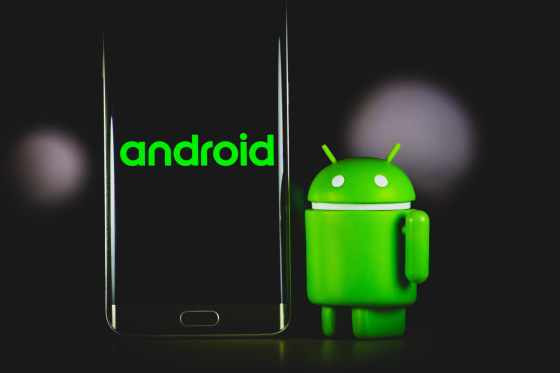Advertising tracking can be refused on iOS and advertisers are moving to Android

Starting with iOS 14.5, Apple has changed its policy regarding the handling of
14.5 Days After iOS 14.5: An Early Look at the Impact on Mobile Advertising - No IDFA? No Problem
https://noidfanoproblem.com/featured/att-impact-analysis-1/
Post-IDFA Alliance finds iOS 14.5 triggered up to 21% growth in Android ad spending | VentureBeat
https://venturebeat.com/2021/05/19/post-idfa-alliance-finds-ios-14-5-triggered-up-to-21-growth-in-android-ad-spending/
Apple has enabled a feature called App Tracking Transparency (ATT) from iOS 14.5 to prevent app developers and advertisers from extensively tracking the behavior of iOS users. Once ATT is enabled, users will allow/deny behavioral tracking by companies when using the app.
User behavior tracking is necessary to show high-performing ads. For this reason, many advertising companies were concerned that their advertising performance would suffer if they refused to track their behavior.
The Post-IDFA Alliance, an organization dedicated to addressing such concerns, announced on May 18 how the advertising industry has changed since the release of iOS 14.5. The announcement is based on information provided by advertising companies Liftoff , AdColony , Fyber , Singular , and Vungle .
Post- The IDFA Alliance reports.
According to AdColony data, about 36.5% of users who updated to iOS 14.5 allowed behavioral tracking and data collection. On the other hand, in the case of Singular, this ratio is 16.8%, and it seems that the data varies depending on the company. It is true that many users have opted out of tracking, but it is also pointed out that ``it is not as dire as some companies feared''.

Dennis Mink, senior vice president of marketing at Liftoff, commented, “A branded app will have a higher
There has also been a shift in the advertising spend that brands spend. Regarding advertising spend on iOS, AdColony and Singular declined by 2.51% and 3.59%, respectively, but Vungle reported an increase of 3.32%. Meanwhile, both companies reported an increase in Android spending two weeks after iOS 14.5 was released. Vungle had the largest increase, up 21%. Taken together, it can be seen that many advertising companies are shifting their advertising costs for user acquisition from iOS to Android.

The survey was short-lived (two weeks), and the iOS 14.5 usage rate is still low, so it's far from complete. Mink predicts that when iOS 14.5 reaches 50-80% usage, we will have accurate opt-in/opt-out data.
Related Posts:
in Note, Posted by darkhorse_log



